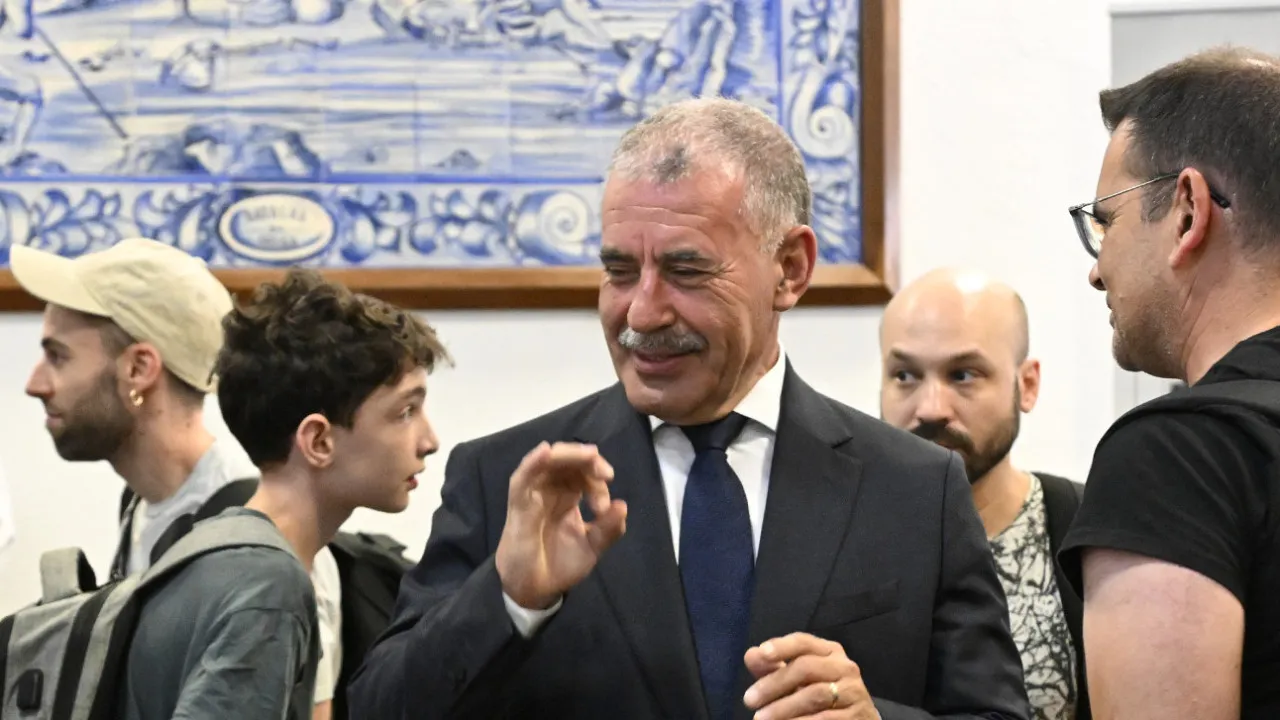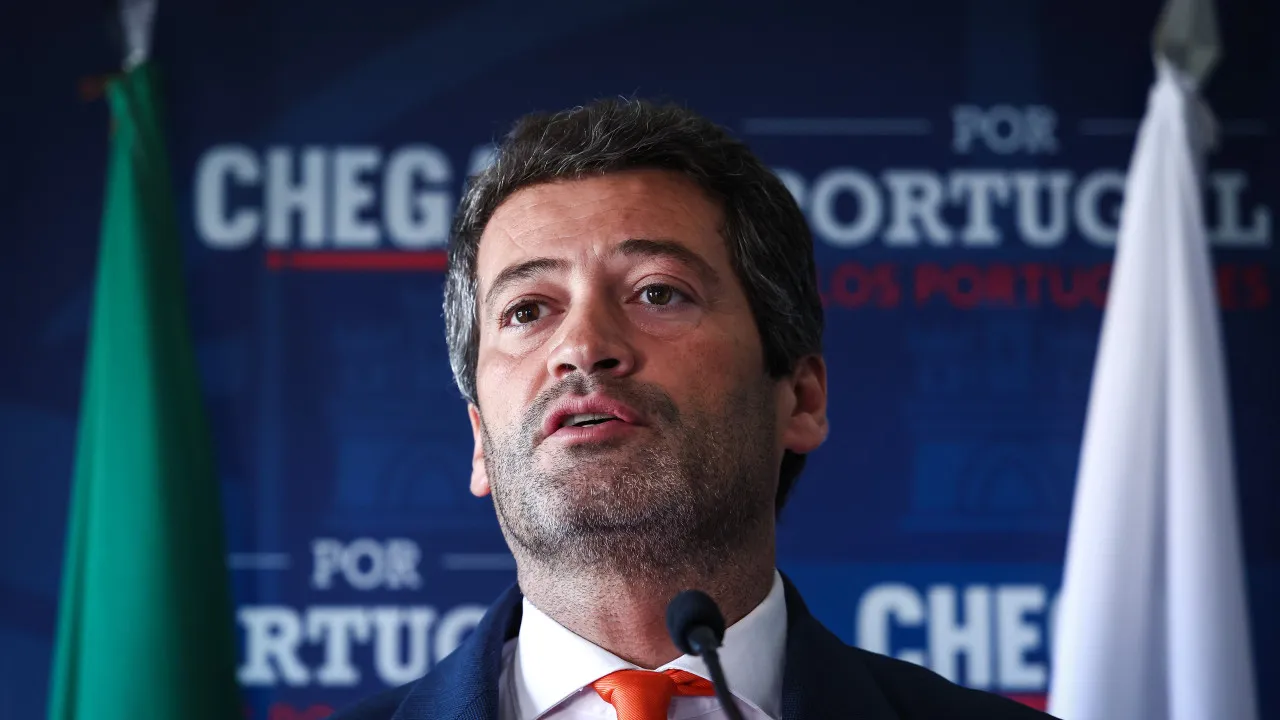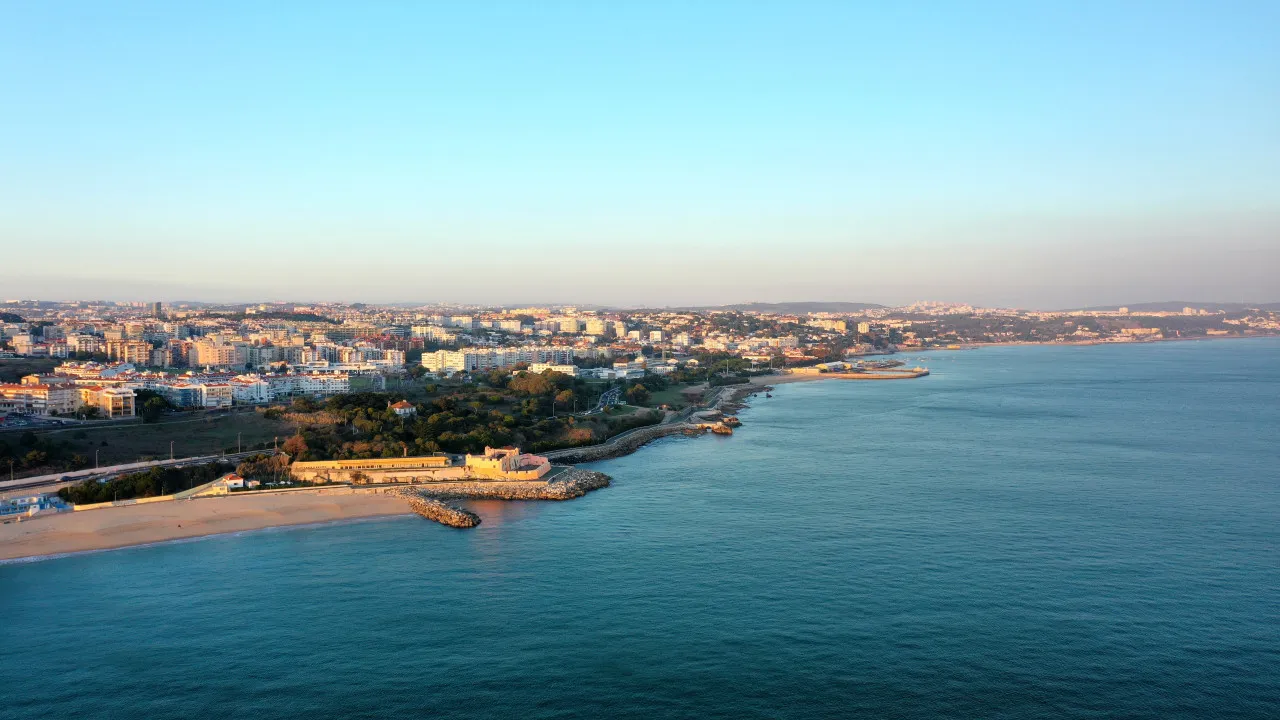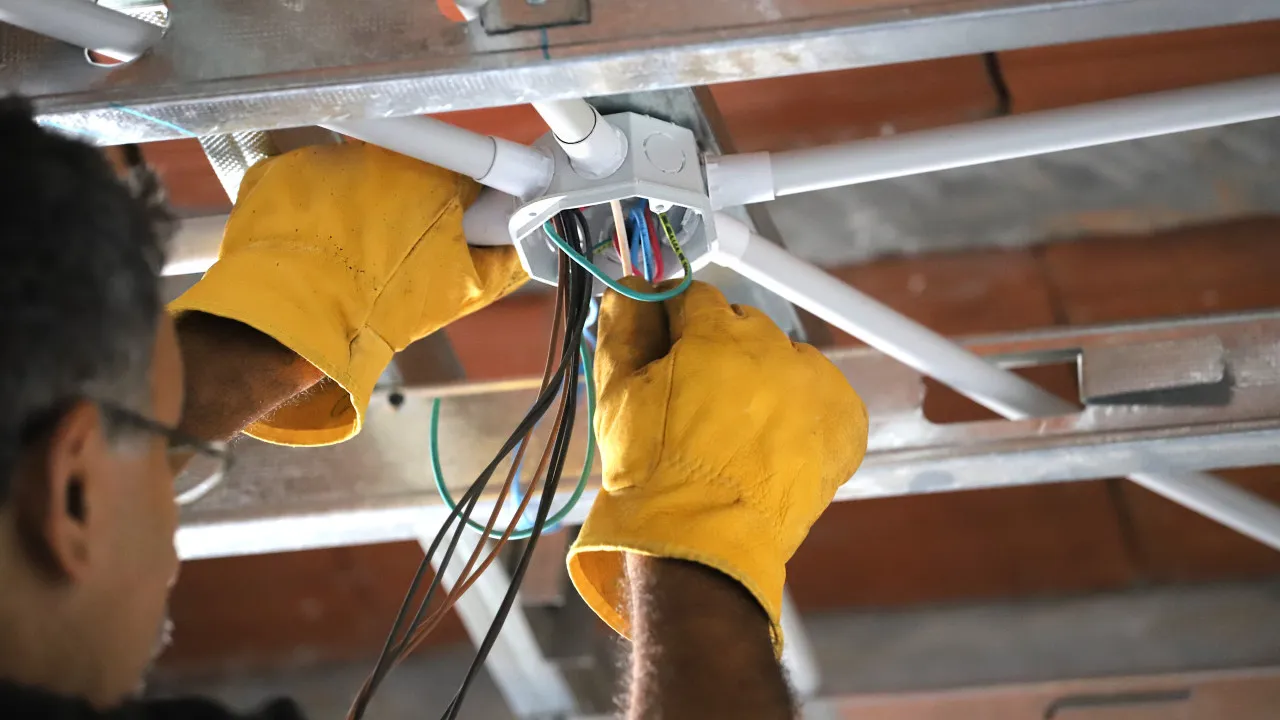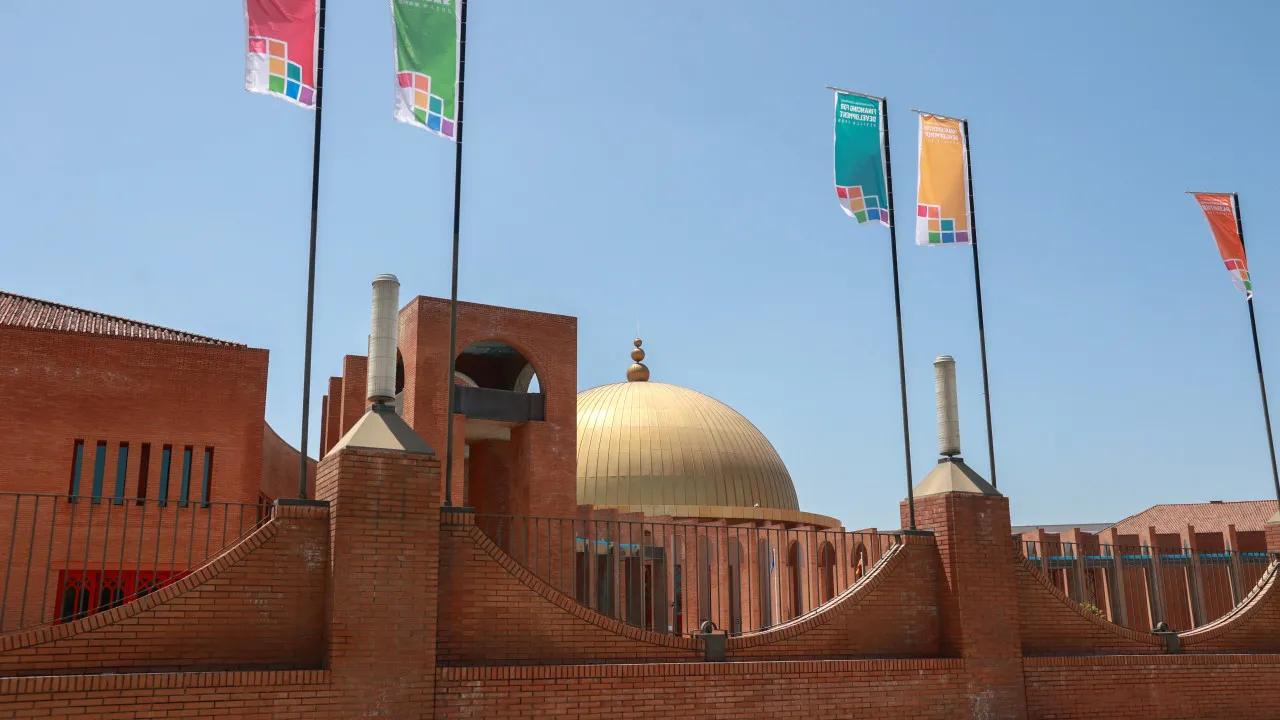
Non-Governmental Organizations (NGOs) have arrived at the Fourth International Conference on Financing for Development (FFD4) by the United Nations (UN) “not entirely frustrated,” acknowledging “there is still much work to do” over the four-day gathering, stated Carla Paiva, President of the Portuguese Platform of NGOs for Development (PPONGD).
The final declaration to be adopted at the conference, known as the “Seville Commitment,” which has already been negotiated within the UN, does not include requests from countries that benefit from international public development aid, such as the creation of a new UN convention on this matter, Paiva noted.
She emphasized the understanding that decisions “should be participatory,” with beneficiary countries of aid being more included in decision-making processes, and that “their priorities should be heard.”
Carla Paiva underscored the current “urgency to reform the international cooperation architecture and the financing for development structure,” an objective assumed by FFD4.
According to her, the year 2025 has to be “the year of change” to achieve the Sustainable Development Goals set in the 2030 agenda by the international community.
“We are far from meeting the UN’s targets and recommendations, but there’s always time for action,” she stated, highlighting that the voice and role of civil society, like development financing, have been diminished and threatened in recent years, yet are essential for more sustainable processes and for denouncing and resisting setbacks.
Regarding the absence of the U.S. in Seville and the cuts by the new Donald Trump administration to humanitarian aid and development programs, Paiva acknowledged the “disastrous impact” globally.
Nonetheless, she argued that it is possible to reform international cooperation and development financing without the U.S.
“The Global North [more developed and wealthier countries] must reduce this trend of not including the Global South,” she asserted.
“There has to be coordination among all countries to implement a new system” as the current architecture “is unsustainable,” particularly when few countries fulfill the commitment to allocate 0.7% of Gross National Income (GNI) to development aid, with funds being diverted to areas contrary to international cooperation principles, such as border control or defense, she added.
Carla Paiva insists that decisions cannot continue to be made “without listening to those who need them” or “by accepting a system based on unsustainable sovereign debts” that block investments in education, health, or responses to climate changes.
According to recent UN data, the public debt of developing countries reached $31 trillion (€26.5 trillion) in 2024, a year in which they paid record interest of $921 billion.
The PPONGD president would like to see more Heads of State and Government in Seville beyond the approximately 60 expected, believing greater mobilization should have been made to avert perceptions of a lack of recognition of the conference’s importance.
Nonetheless, the PPONGD considers Seville an opportunity and maintains “the expectation that commitments will be fulfilled despite all indicators suggesting otherwise.”
Over 60 world leaders and 4,000 civil society representatives are gathering from Monday to Thursday in Seville, aiming to relaunch development aid, currently facing an annual deficit of $4 trillion (about €3.4 trillion), according to the UN.
In the context of the conference, the PPONGD has released a “Civil Society Manifesto for Global Justice,” demanding that Seville be “a turning point” resulting in “concrete actions” for “fair and transparent financing” and “inclusive global governance,” proposing initiatives like the creation of a UN Convention on International Cooperation for Development, new multilateral mechanisms for sovereign debt resolution within the UN, or additional financial means for climate issues.

